A US District Judge Dismisses Lawsuit Against Generative AI Tools
In a landmark decision, a US District judge has dismissed a lawsuit filed by artists against generative artificial intelligence (AI) tools such as Midjourney and DeviantArt. These tools have been the subject of legal action by various artists and copyright owners concerned about the use of their work without consent.
Judge Requests Clarity from Artist
According to Reuters, US District Judge William Orrick has asked artist Sarah Andersen to file an amended complaint against the generative AI companies Midjourney and DeviantArt. The judge believes that the artists’ theory requires more clarity and wants further information regarding how the Stable Diffusion program operates with respect to training images.
Dismissal for Two Artists
Sarah Andersen, Kelly McKernan, and Karla Ortiz filed a copyright infringement lawsuit alleging that their artwork was used without permission for training purposes. While Judge Orrick will allow Andersen to submit an amended complaint, he completely dismissed the lawsuit from the other two artists as they did not register their work with the copyright office.
The Artists’ Battle Against AI
As generative AI technology gains mainstream attention, more artists are taking legal action against AI companies. The adoption of generative AI tools in industries like marketing and advertising has been significant. Concerns have arisen that these tools may utilize artists’ work without consent.
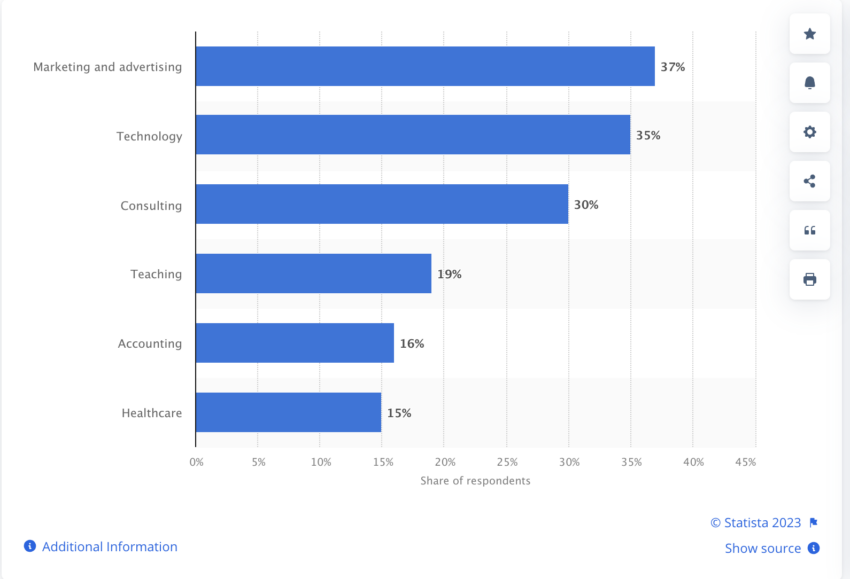
In September, BeInCrypto reported on authors suing OpenAI for copyright infringement, and other renowned authors filing a lawsuit against Meta for using their work to train its AI tool. The Screen Actors Guild – American Federation of Television and Radio Artists (SAG-AFTRA) also went on strike against the use of AI in Hollywood.
Hot Take: Artists Face an Uphill Battle Protecting Their Work Against AI
The dismissal of the lawsuit against generative AI tools highlights the challenges artists face in protecting their work from unauthorized use. As AI technology continues to advance, it becomes increasingly important for artists to take proactive measures to safeguard their creations. This case serves as a reminder that registering artwork with the copyright office can provide stronger legal protection. Additionally, artists may need to develop new strategies and collaborations with AI companies to ensure fair compensation and respect for their intellectual property rights.


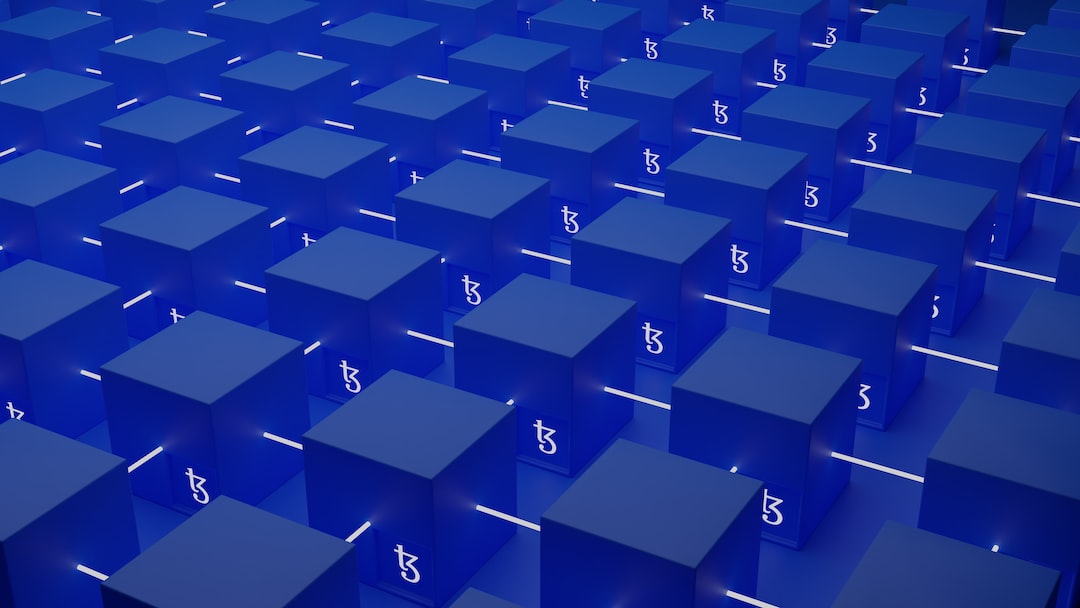
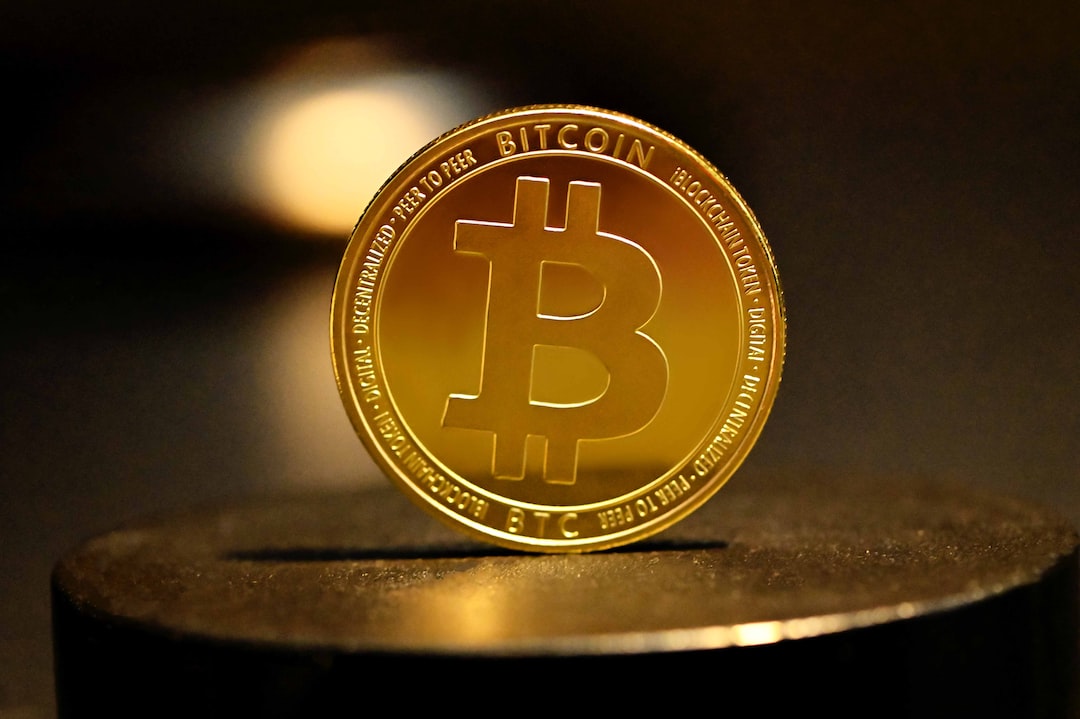

 By
By
 By
By
 By
By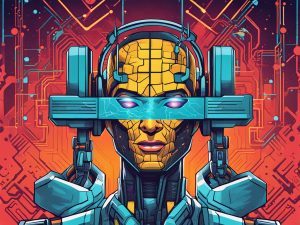
 By
By
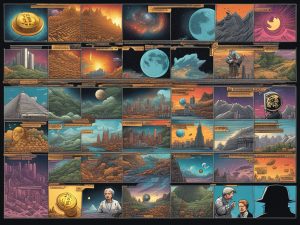
 By
By